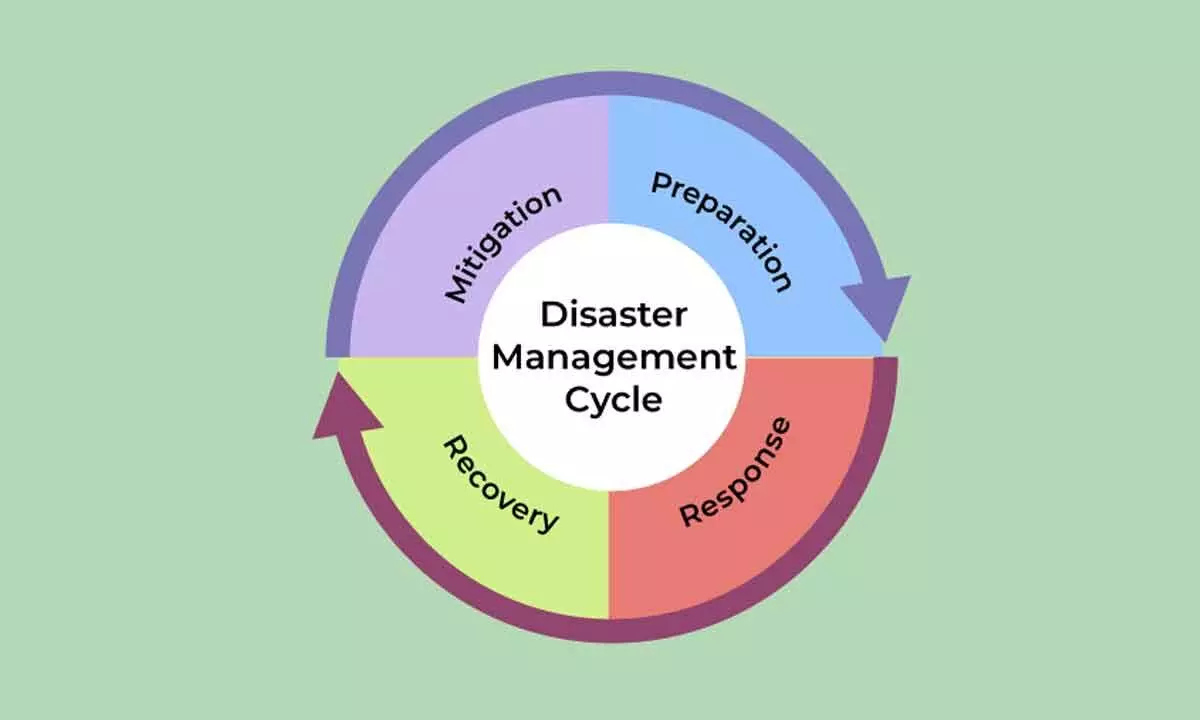A certificate course in disaster management provides essential skills in responding effectively to emergencies. Participants learn how to assess risks, develop emergency plans, and coordinate responses during crises. This training equips individuals with valuable knowledge to mitigate the impact of disasters and save lives in times of need. Certificate Course in Disaster Management
In addition to developing practical skills, a certificate course in disaster management also covers theoretical aspects such as understanding disaster types, the importance of preparedness, and the role of different stakeholders in disaster response. By combining theoretical knowledge with hands-on training, participants are better prepared to handle various emergency situations and contribute effectively to disaster relief efforts.
Moreover, individuals who complete a certificate course in disaster management gain a comprehensive understanding of the ethical considerations and legal frameworks that guide emergency response efforts. They also acquire the ability to work collaboratively with diverse teams and organizations involved in disaster management, fostering a more coordinated and efficient approach to addressing crises. These multifaceted skills contribute to building resilient communities and enhancing overall disaster preparedness on local, national, and global scales.
Certificate Course in Disaster Management outline
-
- Understanding Security and Risk Management
- Concepts and Theories of Risk
- Risk Management ISO 31000:2018 and ISO 31010:2019
- Cooperating with LEAs
- Security Equipment
- Healthcare Facility Security
- Bank Security
- Manufacturing Facility Security
- Supply Chain Security
- Oil and Gas Facility Security
- Educational Institution Security
- Event Security
- Travel Security
- Emergency Response Plan
- Business Continuity/Crisis Management
- Information Security Management
- Security Audit
- The Global Security Landscape
- Security Manual – Policies and Procedures
What is Disaster Management ?
Disaster management is the process of preparing for, responding to, and recovering from natural or man-made disasters. Preparedness involves planning and training to mitigate the impact of disasters. Response includes immediate actions taken to save lives and property during a disaster. Recovery focuses on restoring the affected area to its pre-disaster state. This comprehensive approach is essential for minimizing the devastating effects of disasters on communities and infrastructure.
Disaster management requires coordination among various stakeholders, including government agencies, non-profit organizations, and local communities. Collaborative efforts in risk assessment, early warning systems, evacuation procedures, and post-disaster recovery plans are crucial components of effective disaster management. By fostering resilience and preparedness at both individual and community levels, the impact of disasters can be reduced, and communities can recover more swiftly and efficiently.
In addition to interagency coordination, the use of technology plays a crucial role in enhancing disaster management capabilities. Geographic Information Systems (GIS) help in mapping vulnerable areas, tracking the spread of disasters, and coordinating emergency response efforts. Communication technologies such as social media platforms and mobile applications enable real-time information sharing during disasters, facilitating rapid response and public outreach. Furthermore, advancements in predictive analytics and machine learning contribute to early warning systems and data-driven decision-making, enhancing the overall effectiveness of disaster management strategies. By integrating technology into disaster management processes, stakeholders can better prepare for, respond to, and recover from disasters, ultimately saving lives and minimizing damages. Certificate Course in Disaster Management

